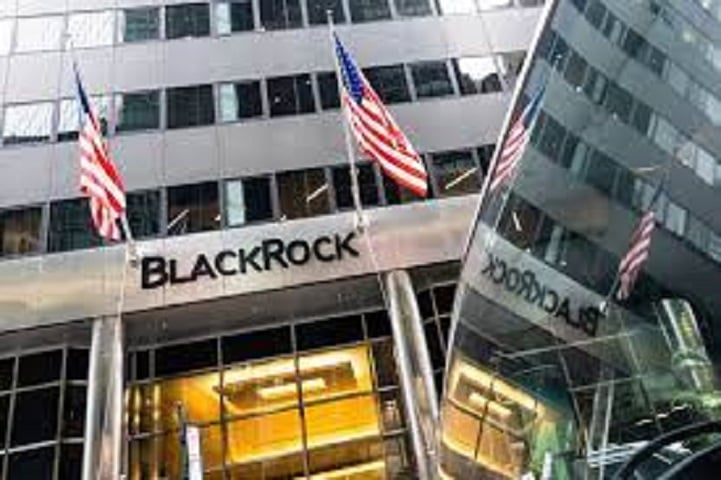- BlackRock just sounded alarm on impact of stablecoin on its Bitcoin ETF.
- Stablecoin issuers are intensifying lobbying efforts for regulatory clarity.
BlackRock, a renowned asset manager in the crypto industry, has reportedly raised concerns about stablecoins, particularly Tether (USDT) and Circle’s USDC, and their potential impact on its proposed iShares Bitcoin spot Exchange-Traded Fund (ETF).
Stablecoin Volatility and Implications
Stablecoins, designed to maintain a stable value by pegging it to a specific asset or currency, have become crucial players in the crypto space, acting as a bridge between traditional finance and the crypto world.
However, recent events have exposed their vulnerabilities, leading BlackRock to express concerns about potential instability. The asset manager points to historical incidents involving Tether, notably on February 17, 2021, and October 15, 2021, where legal actions were taken due to false claims about reserves not being fully backed by US dollars. Tether faced penalties and restrictions, raising concerns about the reliability of stablecoins.
Adding to the apprehension, on March 10, 2023, USDC experienced a deviation from its $1.00 peg when it was revealed that a portion of its reserves had been held at Silicon Valley Bank after the financial institution went into the Federal Deposit Insurance Corporation (FDIC) receivership. This incident further heightened concerns about the stability and reliability of stablecoins.
Despite the fact that the proposed iShares Bitcoin spot ETF does not directly invest in stablecoins, BlackRock warns that it may be exposed to the risks that stablecoins pose to the cryptocurrency market as a whole. Volatility, operational difficulties, manipulative practices, and regulatory challenges associated with stablecoins are all potential risks that could impact the performance of the Bitcoin ETF.
As BlackRock sounds the alarm, the United States Securities and Exchange Commission (SEC) is poised to make a groundbreaking decision on all 12 pending spot Bitcoin ETF applications by November 17, a decision that could be delayed for more weeks or months.
While SEC approval would be a significant step forward for digital asset accessibility, it does not guarantee that these ETFs will be available immediately. The complex approval process entails obtaining permissions from both the Trading and Markets division and the Corporate Finance division.
Regulatory Framework and Stablecoin Lobbying
In response to the emerging concerns, major players in the stablecoin space, including Circle and Tether, have actively engaged in lobbying efforts to influence lawmakers regarding stablecoin regulations.
The lobbying efforts of these stablecoin giants emphasize the industry’s recognition of the importance of regulatory clarity. Circle’s CEO, Jeremy Allaire, has been vocal about the significance of embracing digital currencies, particularly stablecoins, to maintain the US dollar’s strength in the global economic system.
Allaire emphasizes the competitive landscape, pointing to the rise of China’s digital yuan as a direct challenge to the dollar’s dominance. He urges Congress to decide the role of digital dollars, digital euros, and digital yuan in global commerce.
As discussions on stablecoins gain momentum, the Bank of England has proposed a regulatory regime to ensure confidence in money and payment systems. The bank recognizes the potential for stablecoins in everyday transactions and aims to establish guidelines that maintain stability and confidence in the use of these digital assets.
Crypto News Flash does not endorse and is not responsible for or liable for any content, accuracy, quality, advertising, products, or other materials on this page. Readers should do their own research before taking any actions related to cryptocurrencies. Crypto News Flash is not responsible, directly or indirectly, for any damage or loss caused or alleged to be caused by or in connection with the use of or reliance on any content, goods, or services mentioned.
Credit: Source link











































































































































